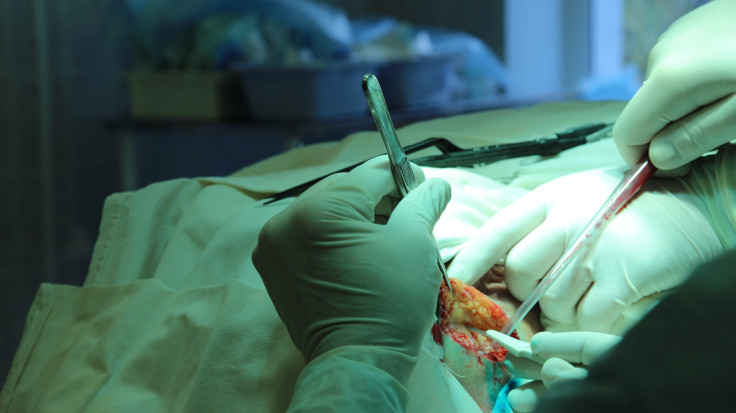New Cochlear Implant Injects DNA Directly Into Ear To Improve Hearing

Though rejected by some members of the deaf community who refuse to view themselves as disabled, the revolutionary cochlear implant has since the 1970s helped some 320,000 people around the world to hear again for the first time in life. Though profound to many recipients, the repaired sense of hearing lacks what audiophiles would call true fidelity — with distracting ambient noise and difficulty discerning pitches of music.
Now, scientists at the University of South Wales in Sydney, Australia, say hearing for the impaired might greatly improve with a new cochlear implant that delivers a growth factor protein to stimulate the growth of new neurons inside the inner ear. Though the effects wane over time with a need for replenishing bits of the protein, the researchers say they prefer the method to another using a virus to deliver a gene that codes for growth factor — a process fraught with error as the virus mis-delivers its packages time and again.
In the study, neuroscientist Gary Housley and his colleagues tested the new implant in guinea pigs deafened for the experiments with a drug that kills cochlear hair cells. They then fashioned loops of DNA coding for a gene for the production of brain-derived neurotrophic factor (BDNF), a type of growth factor. The device was implanted into cochlea along with the DNA, with electrical pulses from the implant creating pores in the inner ear cells allowing the DNA to enter.

“We’ve closed the neural gap,” Housley told Science. “Although it's hard to precisely measure sound perception in guinea pigs, if applied in humans, we're hoping that tonal colors and richness will be improved.”
The study demonstrated that neurotrophin gene therapy delivered by cochlear implant improves performance of the device by stimulating spiral ganglion neurite regeneration, the researchers wrote in a paper published Wednesday in Translational Science Medicine.
Hearing loss is a common condition in the United States, with 12.3 percent of elderly men and nearly 14 percent of elderly women reporting tinnitus, a condition twice as prevalent among Americans living in the South compared to the Northeast. Overall, 36 percent of Americans — or 17 percent — report some degree of hearing loss, according to the National Institute of Deafness and Other Communication Disorders.



























